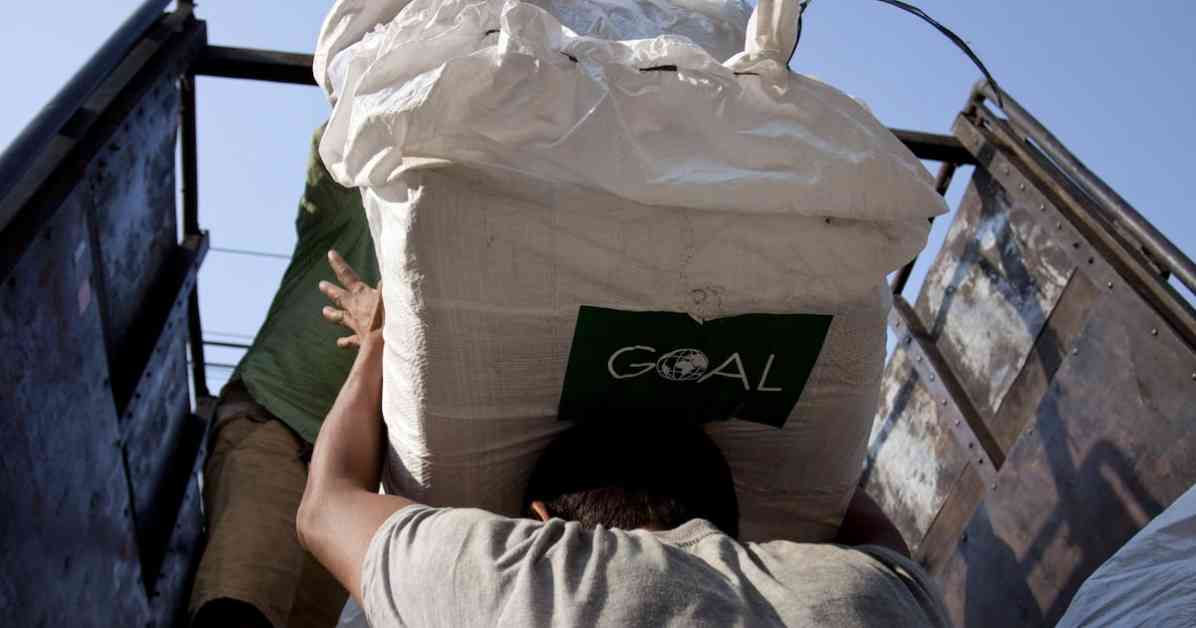The recent freeze on spending by the Trump administration has reverberated across the globe, impacting vital aid agencies like Goal. With over €100 million in funding from USAid in 2023 alone, Goal finds itself navigating uncertain terrain as it grapples with the repercussions of this financial halt. Despite the challenges posed by this freeze, Goal has managed to secure waivers that enable the continuation of essential work in countries like Syria, where its operations are critical to the livelihood of millions.
USAid Freeze: Implications and Challenges
The freeze in spending by USAid, prompted by the Trump administration, has sent shockwaves through the humanitarian aid sector. Goal, a prominent aid agency heavily reliant on USAid funding, is among the organizations feeling the impact of this decision. Reports indicate that between 2022 and 2023, USAid contributed a staggering €200 million to Goal, making it the agency’s largest donor. The sudden halt in funding has forced Goal to reassess its operations in various countries, with some regions experiencing disruptions in life-saving services due to financial constraints.
Siobhán Walsh, the CEO of Goal, expressed gratitude for the support received from the public, emphasizing the crucial role of institutional donors in responding to humanitarian crises. She highlighted the diverse range of services provided by Goal, from food and nutrition to health and livelihood support, all made possible through generous contributions from donors like USAid. Despite the challenges posed by the funding freeze, Walsh remains optimistic about Goal’s ability to adapt and continue serving vulnerable populations around the world.
Government Partnerships and Collaborations
In addition to its partnership with USAid, Goal works closely with the Irish government on various aid projects in Africa. The Department of Foreign Affairs has been actively engaged in discussions with other groups and the government of Malawi to ensure the continuity of programs aimed at improving food security and nutrition in rural areas. Irish Aid, in collaboration with USAid, has spearheaded initiatives in countries like Malawi and Zambia, focusing on sustainable development and empowerment of vulnerable communities.
Minister of State for International Development Neale Richmond reiterated the government’s commitment to upholding key priorities in bilateral aid programs, particularly in regions like Malawi and Zambia. Despite the challenges posed by external factors such as the spending freeze initiated by the Trump administration, Ireland remains steadfast in its support for vulnerable populations and the promotion of food security and nutrition in developing countries.
As the global aid landscape continues to evolve in response to political and economic shifts, organizations like Goal and government entities must navigate these uncertainties with resilience and adaptability. The collaboration between aid agencies, governments, and donors remains crucial in addressing complex challenges and ensuring the well-being of communities in need. While the road ahead may be fraught with obstacles, the unwavering dedication of individuals and organizations involved in humanitarian efforts serves as a beacon of hope in times of crisis.












